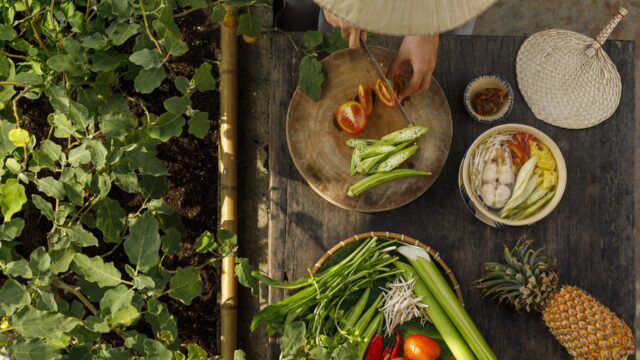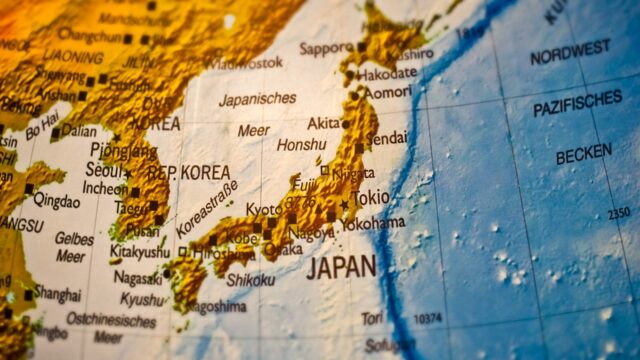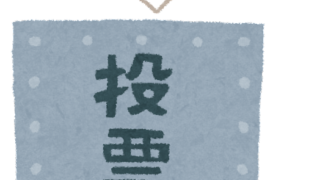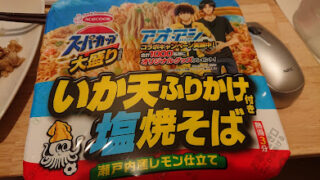大根収穫と新たな野菜植える Harvesting radish and planting new vegetables
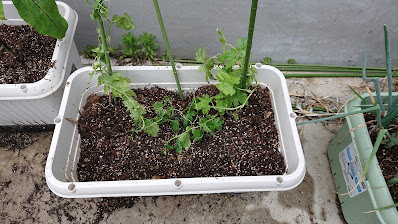
春に植えた大根を収穫して
新しい野菜を植えたいと思います。
I would like to harvest the radish I planted in the spring and plant new vegetables.
目次
大根はあんまりうまくできなかった The radish didn’t turn out very well.
どうしても葉がすぐダメになってしまうので
思い切って全部収穫しました。
I decided to take the plunge and harvest all of the leaves because they tend to go bad quickly.
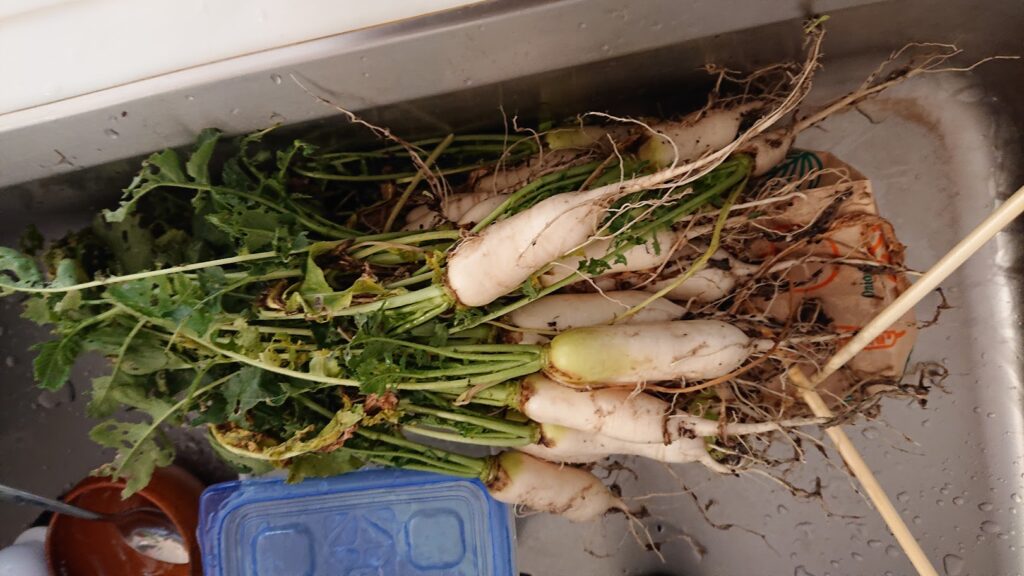
収穫した大根は筋ばっていて
あまりおいしくありませんでした。
The radish I harvested was stringy and not very tasty.
大根おろしにすれば何とか食べれそうな気はしますが、
煮物はダメでした。
I feel like I could eat some grated radish, but I couldn’t eat it boiled.
やはり大根は冬のものが一番おいしいのかもしれません。
After all, winter radish may be the most delicious.
冬に再挑戦したいと思います。
I would like to try again in winter.
新たにゴーヤと茄子追加 Newly added bitter melon and eggplant
空いたプランターでゴーヤと茄子を作ります。
Make bitter melon and eggplant in the empty planter.
ゴーヤは初めての挑戦です。
This is my first attempt at bitter melon.
きゅうりと似たような感じの育て方みたいです。
It seems to be grown in a similar way to cucumbers.
子供は食べないかもですが、
ゴーヤチャンプルーを作ってみたいと思います。
My kids might not eat it, but I would like to try making bitter melon champuru.

ナスはすでに植わっていますが
子供が好きなので追加です。
I already planted eggplants, but my kids like them so I added them.
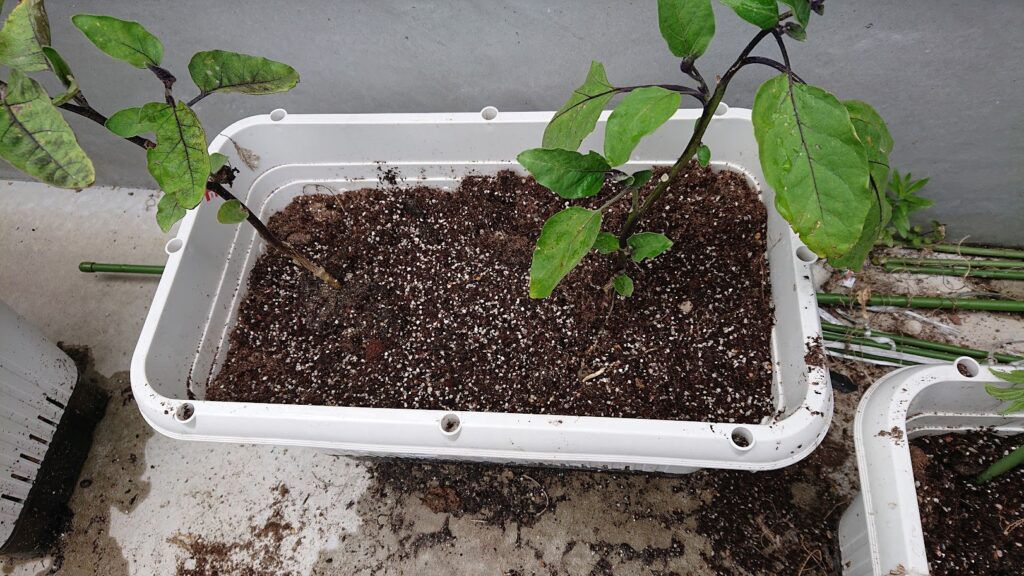
他の野菜の様子 Other vegetables
暑さにやられたのか
うまく実がなっていません。
The fruit is not producing well, probably because of the heat.
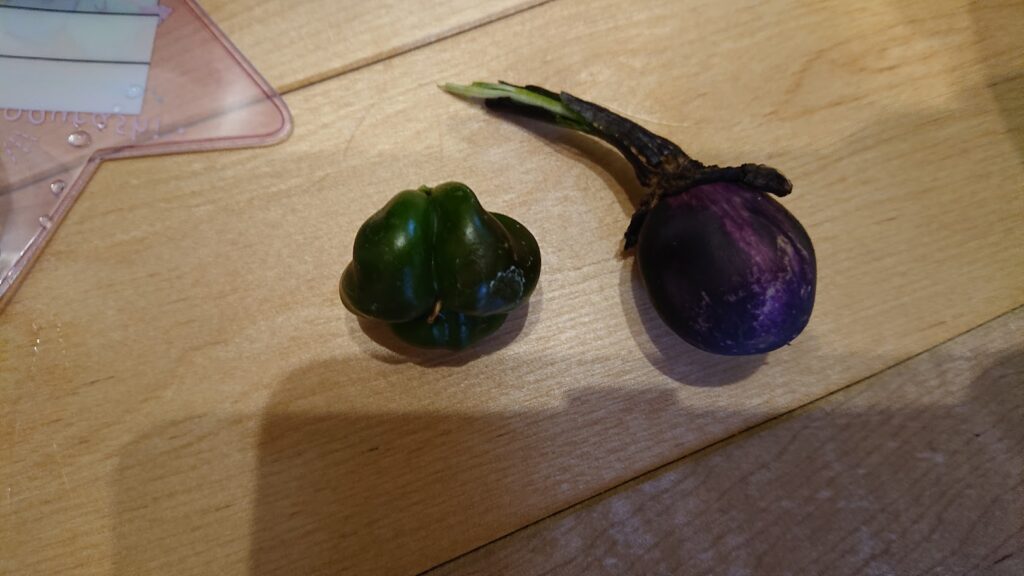
葉っぱも焦げている?感じです。
Are the leaves burnt too? It feels like it.
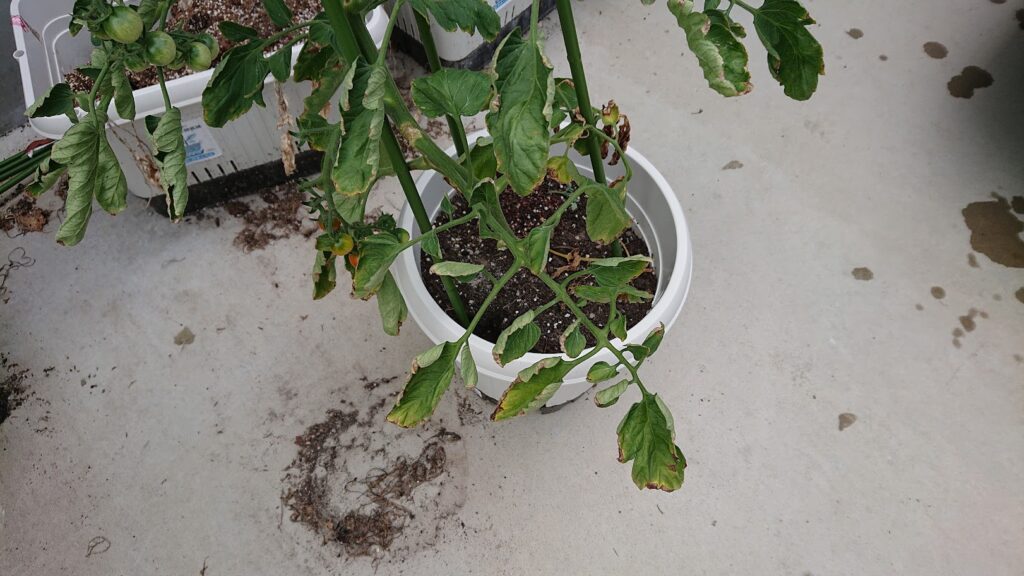
夏始まったばかりなので
これから先たくさん実がなることを願います。
Summer has just begun, so I hope it will bear a lot of fruit in the future.
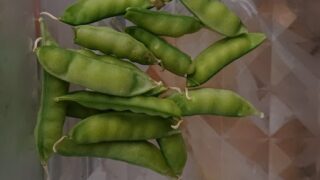

seasonal food
There are many delicious foods in autumn.
I like it.
Seasonal ingredients are called seasonal foods.
Some guidelines for when a fruit is in season include: (1) high nutritional value, (2) high yield, and (3) strong flavor.
I looked into the season.
Seasonal food is full of good things
There is nothing but good things about seasonal food.
First of all, it is highly nutritious.
Since it is grown in a suitable growing environment, it naturally becomes highly nutritious.
Next, there are nutrients and effects that match the season.
For example, cucumbers in the summer contain a lot of water, which has a cooling effect on the body.
Apples and mandarin oranges that are harvested during the winter have a warming effect on the body. I’ve heard that oranges have a similar warming effect.
Third, the price is low.
Seasonal foods tend to be cheaper because they are produced in larger quantities.
It’s delicious and cheap.
it’s the best.
Things that are in season and things that are not in season
In modern times, where cultivation, aquaculture, and livestock farming techniques have developed, there are some foods that you don’t have to worry about when they are in season.
It is the result of human effort. very nice.
Something in season
This is common.
These include things that are harvested in fields, forests, forests, and the sea.
I get the impression that there are a lot of natural products.
These include vegetables, fruits, and fish.
things that are out of season
There are two types.
The first is that the season differs depending on the region.
As the seasons change, the areas where you can get what’s in season will change.
On the contrary, it allows us to eat food that is available in the middle of the year.
Examples include squid, octopus, and crab.
The second type is one that can be harvested all the time, so there is no concept of seasonality.
Please note that this excludes natural products.
First, there are mushrooms such as shimeji and maitake.
Since indoor cultivation techniques have been established, this can be harvested throughout the year.
There is no season for livestock related products either.
I think producers sell their products at the time of year when they are at their most delicious.
On the contrary, this can be said to be a year-round season.
As I was researching, I realized that thanks to all the producers, we are receiving a variety of delicious foods.
Side note: words to use when eating
We must be grateful to the producers and the food itself when we eat it.
“itadakimasu”
This is a Japanese word used when eating rice.
This is a polite expression for eating.
The deeper meaning can also mean that you have been given life and are grateful for it.
“Gochisosamadesita”
This is a Japanese word used when you have finished eating rice.
It is a word that is paired with “itadakimasu”.
The meaning I dug deeper into was that I received a life and had a luxurious meal. This is a word of gratitude.
Both are words of gratitude.
I think I have to say this without fail. It’s around this time today.
I think people overseas also say words of gratitude when they eat.
The difference between Japan and other countries (mainly Christian) is the object of gratitude.
The object of gratitude in Christianity is God.
I feel like I am thanking God for his blessings. (That’s my feeling)
Japan says this about food.
It’s interesting how the object of gratitude changes depending on one’s background.
Cheers to the era of diversity.


